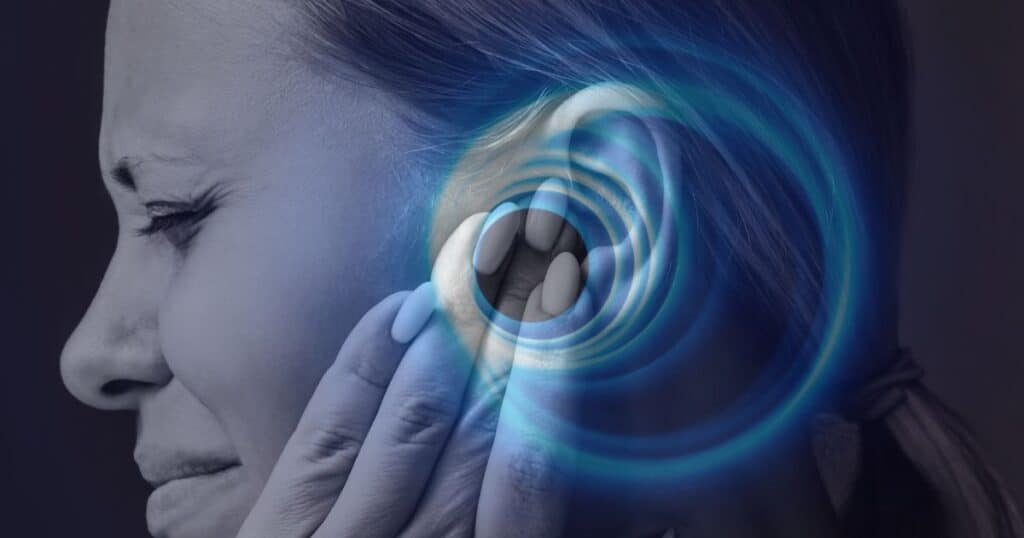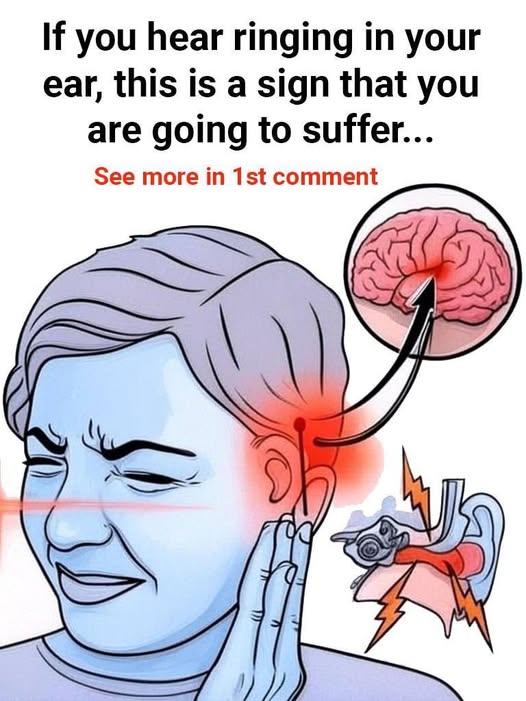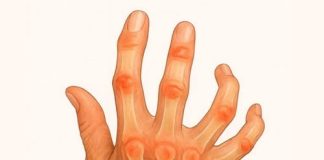Tinnitus refers to the perception of sound like ringing, buzzing, or hissing without any external source. Far from being just an ear issue, tinnitus is deeply tied to how the brain processes sound, especially when those auditory signals are disrupted.
The Brain’s Role in Phantom Sounds
The experience of tinnitus often stems from hearing loss or nerve damage, which diminishes incoming sound signals. In response, the auditory cortex becomes hyperactive, generating phantom noises where there should be silence. Meanwhile, regions outside the auditory system also engage, creating the persistent internal sounds characteristic of chronic tinnitus.

Tinnitus as Neural Compensation
Some researchers view tinnitus as a neural compensation mechanism. When hearing fades, the brain compensates by ramping up activity in auditory areas—a phenomenon akin to phantom limb pain. This overactivity is often paired with changes in neural synchrony across central processing centers
Beyond the Auditory Cortex: Structural Effects
Tinnitus can result in structural brain changes beyond auditory zones. For instance, reductions in gray matter volume have been observed in regions like the prefrontal cortex, cingulate cortex, insula, and orbitofrontal areas. These alterations may correlate with the emotional and cognitive burden tinnitus places on individuals.
Lifestyle Impact and Management Strategies
Tinnitus manifests in two primary forms: subjective tinnitus (heard only by the patient) and the rare objective tinnitus, which may be tied to internal physiological sources like vascular issues
While no universal cure exists, many management strategies offer relief:
- Hearing aids can improve sound clarity and help mask phantom noise.
- Sound therapy and masking devices—like white noise or relaxing ambient sounds—promote habituation by making tinnitus less noticeable
- Tinnitus Retraining Therapy (TRT) combines counseling and sound therapy to help patients reclassify tinnitus as background noise and reduce distress
- Cognitive-behavioral therapy (CBT), stress reduction techniques, and lifestyle adjustments can ease the emotional and mental impacts
Living With and Managing Tinnitus
While tinnitus can feel overwhelming, many people find ways to manage its impact on their daily lives. One of the most effective strategies is sound therapy, which uses background noise such as white noise machines, soft music, or natural sounds to mask the ringing and give the brain something else to focus on. This does not eliminate tinnitus but can significantly reduce its intensity and make it less noticeable.
Cognitive Behavioral Therapy (CBT) has also proven helpful for those who struggle with the emotional distress caused by tinnitus. By changing how people respond to the sounds, CBT can ease frustration, anxiety, and sleeplessness that often accompany the condition. Mindfulness and meditation practices can provide similar relief by teaching individuals to accept the sounds without judgment.

Conclusion
Lifestyle adjustments, such as protecting the ears from loud noises, reducing caffeine and alcohol intake, and practicing stress management techniques, can also improve symptoms. For some, dietary changes or supplements may help, although results vary from person to person. Ultimately, tinnitus is not just an ear issue but a complex condition linked to the brain and nervous system. With awareness, professional guidance, and coping strategies, many people learn to live full, productive, and peaceful lives despite the ringing in their ears.

















